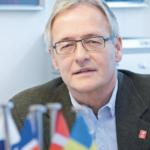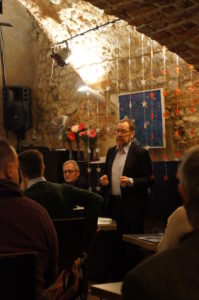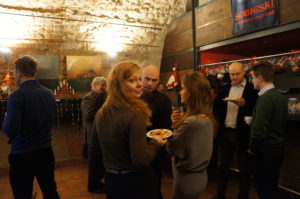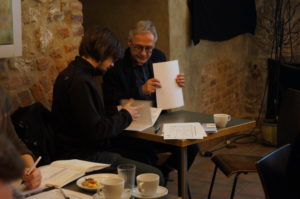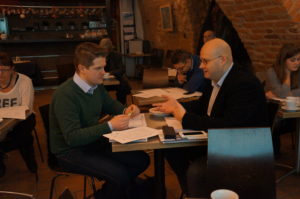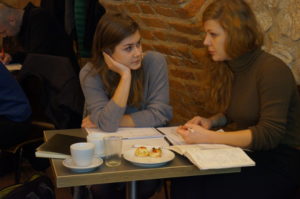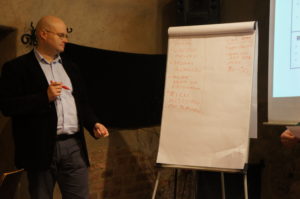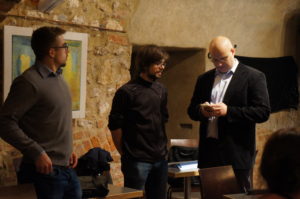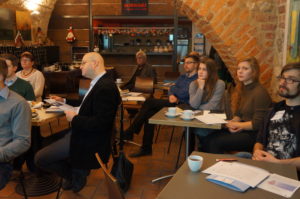SPCleantech as Pre-Accelarator Point for Polish start-ups organized on 15.12.2016 the sixth workshop “How to build a successful Start-up” of the series of 6 workshops and 2 conferences. The aim of the workshop was to provide experiences of Polish and Scandinavian mentors to Polish start-ups and coaches. SPCleantech is working with a group of experienced mentors from Denmark, Finland and Sweden.
Once you have a set of customers and a business model to test, you begin the testing process by discovering the customer’s needs, wants and pains (problems), and how important they are for them, showing the customer a prototype version of your solution (MVP) and measuring their reaction.
As an entrepreneur, it’s hard to resist the urge to make the best version of your product before you show it to customers – but it’s an urge you must resist to be successful. Otherwise, you’ll spend unnecessary time and money building something that might be perfect, but that nobody wants to buy.
To make your startup lean you can use Business Model Canvas to map out the way you intend to make money. It is made up of 9 parts, which illustrates how the 9 aspects of the business interact with each other – the startup’s business model. In order to create a profitable business, you need to think about and plan each part of the Canvas, not just your solution.
At some point, every entrepreneur is faced with a major decision: “Do we continue with what we’re doing, or do we make a major change in our business model?”
- A startup is not a smaller version of a large company
- You don’t need a business plan, you need a business model
- Don’t waste time and money building something nobody wants
- Successful startups don’t build products, they solve problems
- A business model describes the rationale of how an organization creates, delivers, and captures value
- A great product will fail without a good business model
- Startups exist to create and test hypotheses until they find a working business model
- A minimum viable product (MVP) helps startups run experiments quickly and effectively
- Every startup must decide whether to pivot or proceed
Our mentors: Arne Grove (DK) and Janusz Kahl
- Arne Grove (DK)
- Janusz Kahl
Pictures from the workshop




